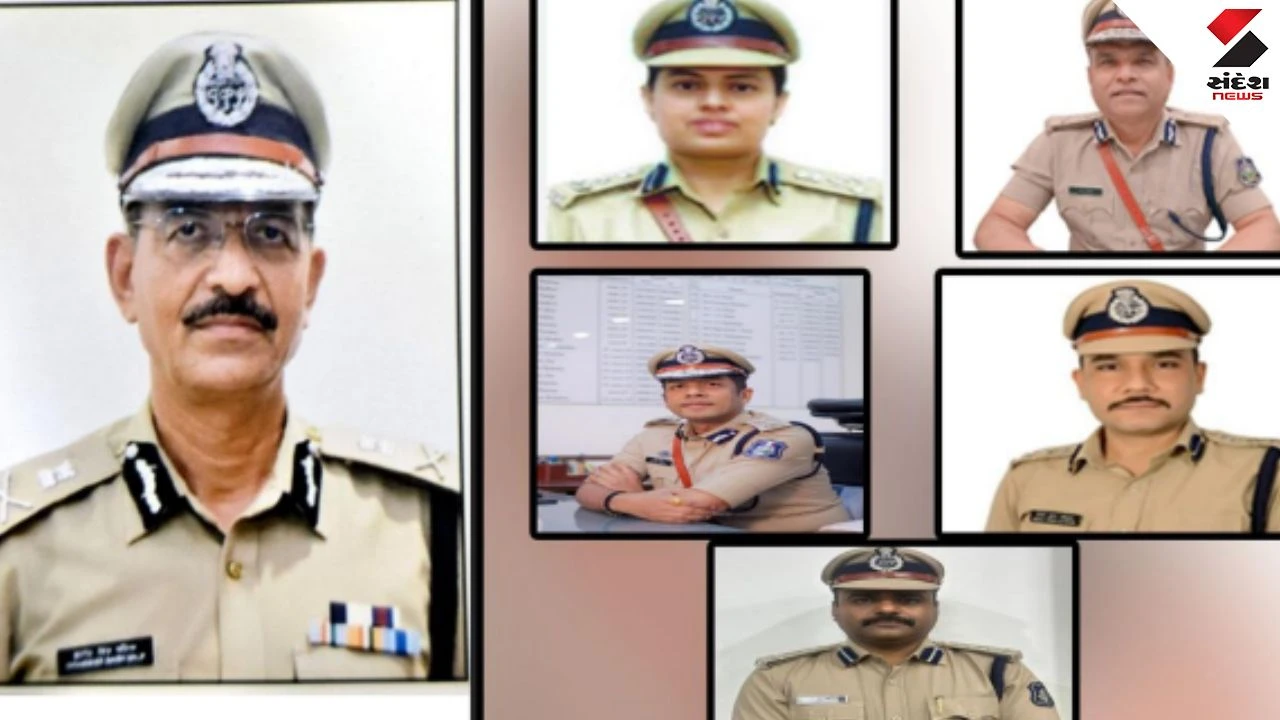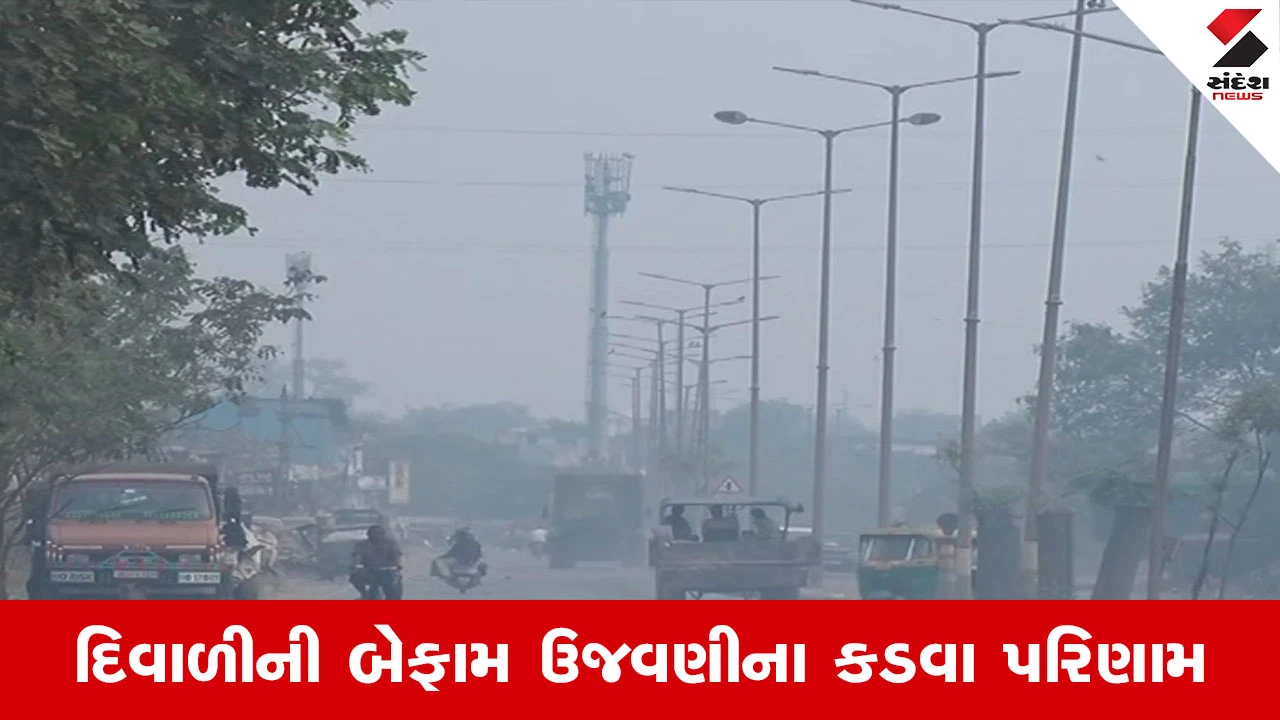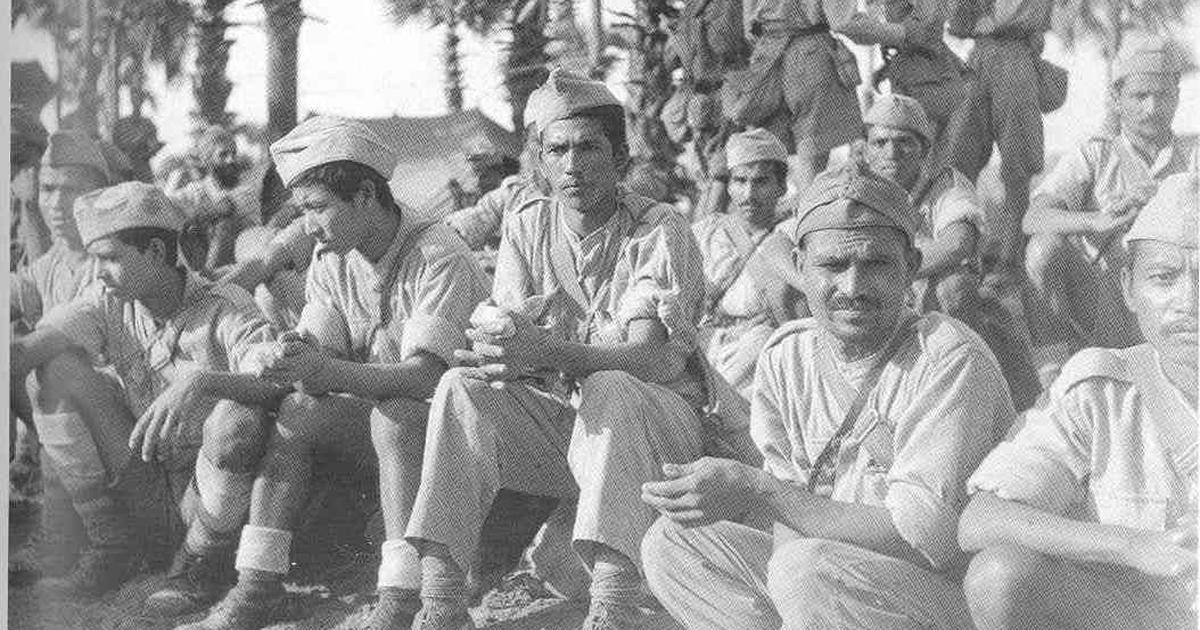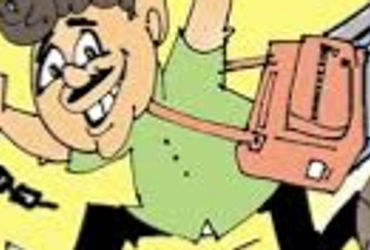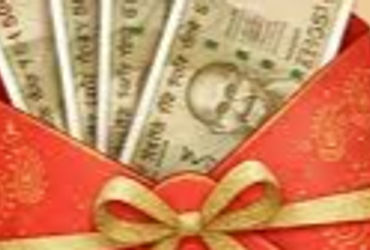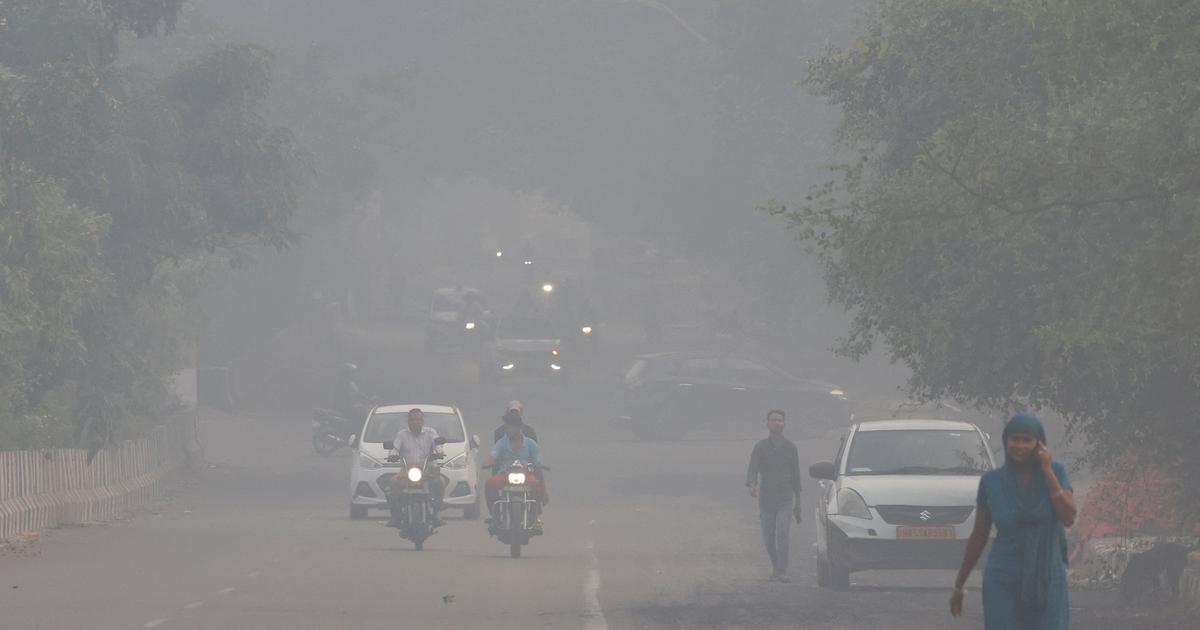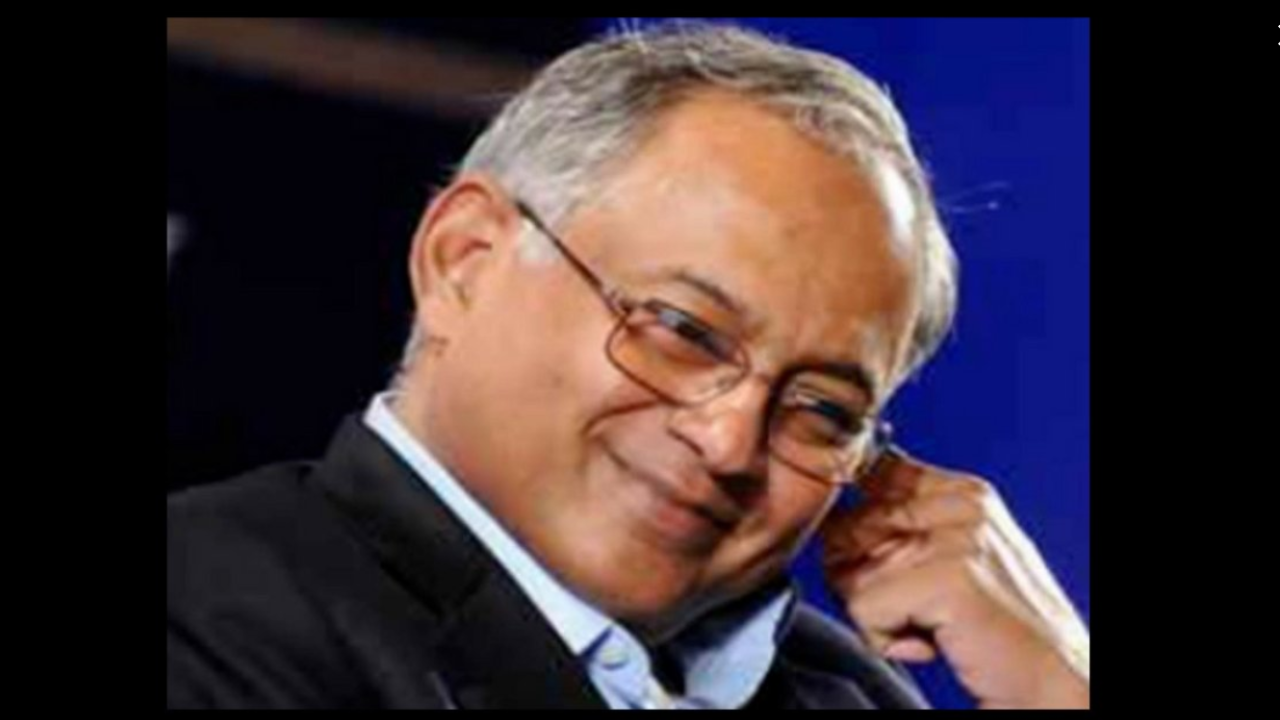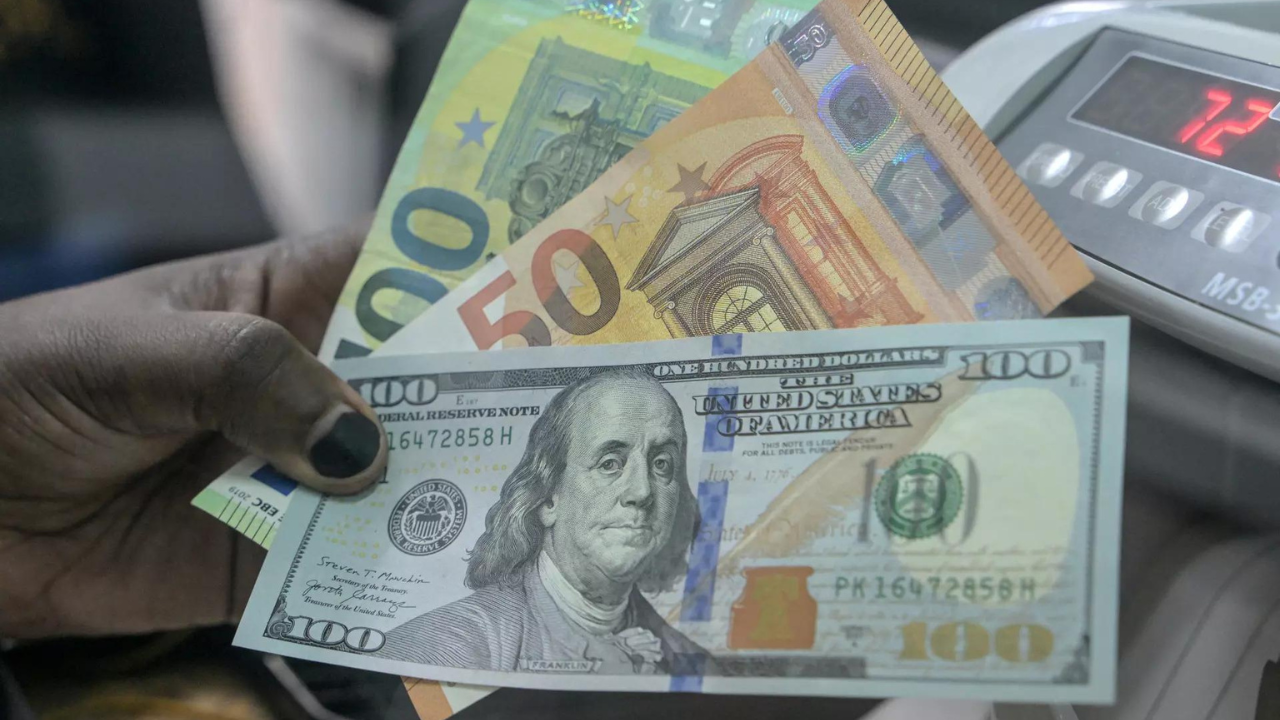A 16th-century Chinese writer spoke of workplace burnout, creating a design for radical acts of rest

Join our WhatsApp Community to receive travel deals, free stays, and special offers!
- Join Now -
Join our WhatsApp Community to receive travel deals, free stays, and special offers!
- Join Now -

We are in the middle of a global workplace burnout epidemic — aptly named the “burnout society” by Korean-German philosopher Byung-Chul Han.
Four centuries ago, late Ming Dynasty scholar-official Yuan Hongdao (1568–1610) shifted from state administrative work to xiaopin – brief, personal essays celebrating everyday pleasures like gardening, leisurely excursions and long vigils beside a rare blossom.
Today, his Ming Dynasty-era practice resonates with uncanny urgency within our burnout epidemic.
Amid the Wanli Emperor’s neglect and escalating bureaucratic infighting in Beijing, Yuan turned away from what today we call a “toxic workplace.”
Instead, he found refuge in Jiangnan’s landscapes and literary circles. There he exchanged hierarchical pressures, administrative tedium and cut-throat careerism for moments of unhurried attention.
Yuan’s xiaopin, alongside those of his contemporaries, transformed fleeting sensory moments into radical acts of resilience, suggesting that beauty, not institutions, could outlast empires.
The Ming Dynasty: A literary rebellion
The late Ming Dynasty (1368–1644) was an era of contradictions.
While Europe hurtled toward colonialism and scientific rationalism, China’s Jiangnan region – the fertile Yangtze Delta in today’s Jiangsu and Zhejiang provinces – flourished via merchant wealth, global silver trade and a thriving print culture.
Bookshops lined city streets like modern cafés. They peddled plays, poetry and xiaopin volumes like Meiyou Pavilion of Arts and Leisure (1630) and Sixteen Xiaopin Masters of the Imperial Ming (1633).
The imperial examination system, a civil service written exam – once a path...
Read more
What's Your Reaction?
 Like
0
Like
0
 Dislike
0
Dislike
0
 Love
0
Love
0
 Funny
0
Funny
0
 Angry
0
Angry
0
 Sad
0
Sad
0
 Wow
0
Wow
0
